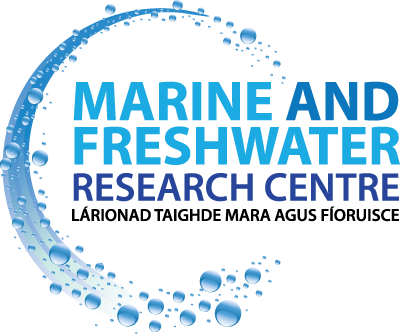PSPSafe project – Paralytic shellfish poisoning events in Ireland
The PSPSafe project is funded by the Department of Agriculture, Forestry and the Marine (DAFM) under the 2021 Thematic Research Call. Partners include the Martine Institute (Dave Clarke), Atlantic Technological University (Dr Luca Mirimin, Dr Fiona Kavanagh, Francesca Cucchi), and University College Dublin (Dr Francis Butler). The PSPSafe project aims at addressing key knowledge gaps […]
Molecular detection of toxigenic and harmful phytoplankton
This project is a partnership between ATU and the Marine Institute who is providing financial support by means of a CULLEN fellowship (CS/21/007) held by Ms Nicole Caputo and supervised by Dr Luca Mirimin (ATU), Dr Fiona Kavanagh (ATU) and Dave Clarke (Marine Institute). The primary aim is to validate and implement DNA-based methods for […]
Galway Bay is Calling
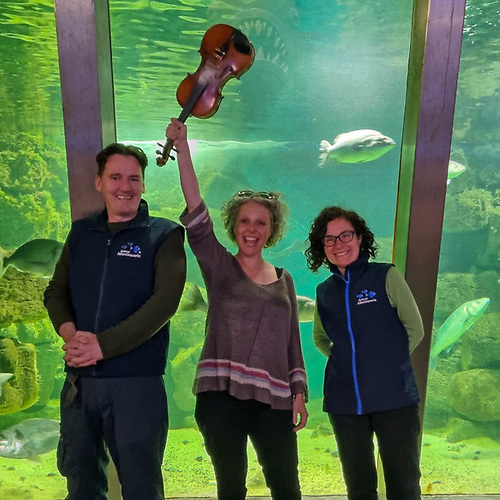
Galway Bay is Calling is a project funded by the Creative Ireland Programme for Climate Action (details here) and is led by Music for Galway (https://musicforgalway.ie/), in collaboration with the Galway Atlantaquaria (https://nationalaquarium.ie/) and the Atlantic Technological University (https://www.atu.ie/). What is it about? This project is about assessing Ocean Literacy and conducting outreach and awareness activities about Galway Bay and the ocean among musicians […]
MERMEID – Marine macrofauna diversity using eDNA
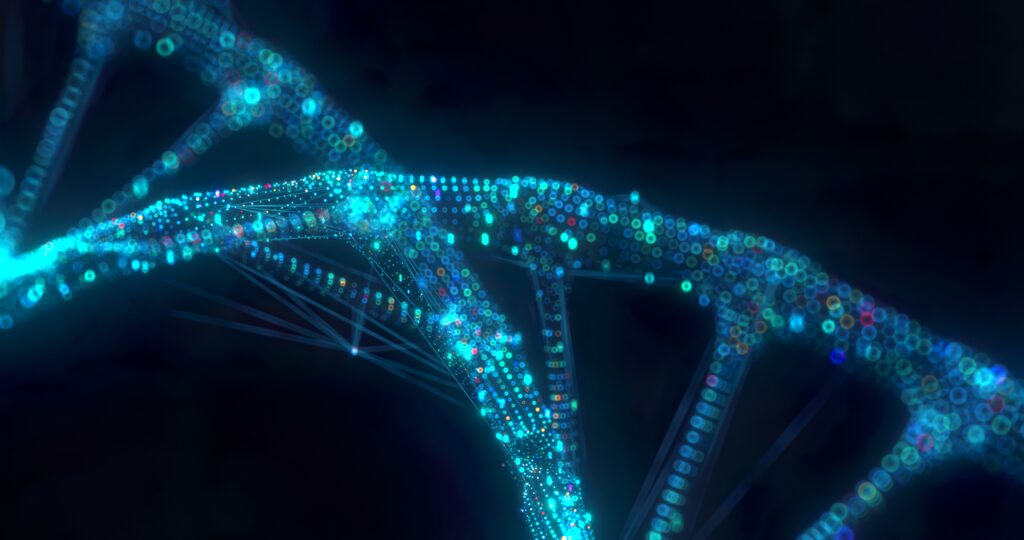
This project aims to integrate novel environmental DNA (eDNA) methods with multidisciplinary data for the monitoring of megafauna at a range of infrastructures including cabled observatories as well as aboard research vessels. Objectives of this project include: (1) design and implement ad hoc eDNA protocols and pipelines to be applied in situ in a range […]
Mytilus species complex genomics
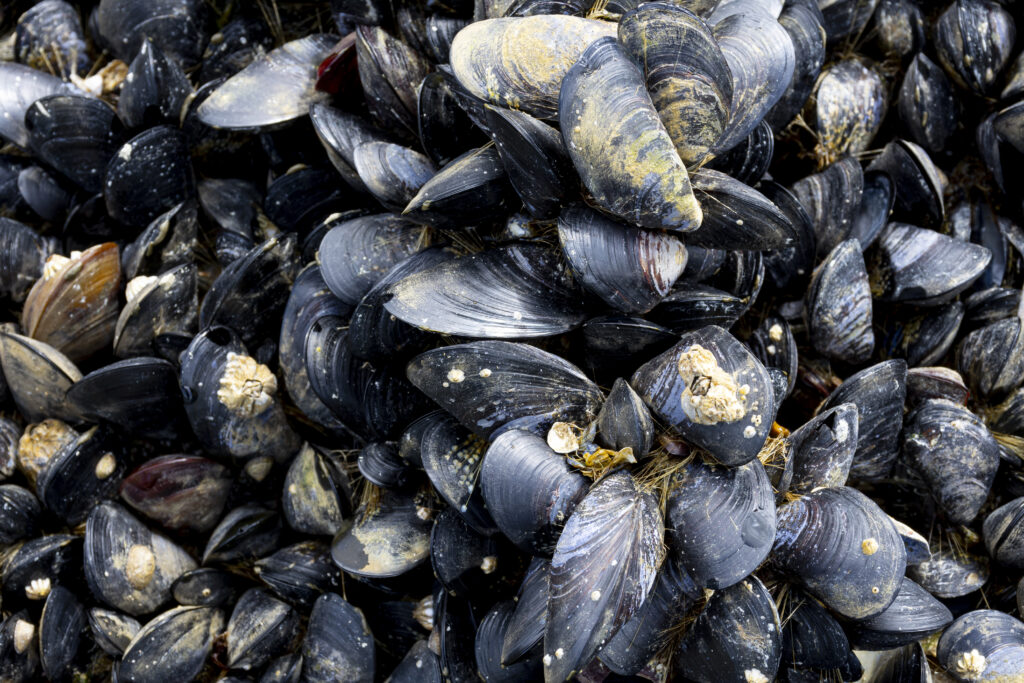
The blue mussel (Mytilus spp) is an ecologically and economically important marine bivalve that plays key roles in coastal ecosystems as well as the seafood industry. This species is found around the entire Irish coast, where it co-occurs and hybridizes with the non-indigenous Mediterranean mussel (Mytilus galloprovincialis). A better understanding of genetic structure and connectivity […]
Alternative baits for the Irish whelk fishery
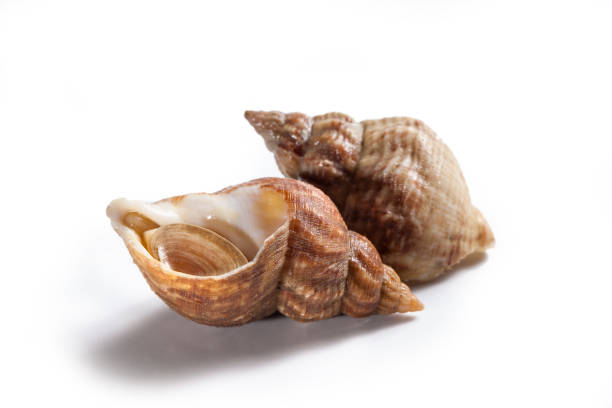
Irish fisheries for whelk (Buccinum undatum) are currently in a time of flux due to increased costs of frozen bait and pressures on high value bait species such as brown crab. This collaboration between the MFRC, BIM, Nofima (Norway) and the Irish fishing industry aims to develop alternative sustainable baits for whelk. The team are […]
AquaVitae H2020
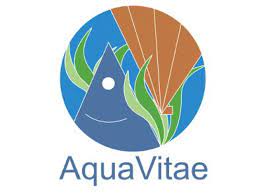
AquaVitae is a new research and innovation project funded by the EU’s Horizon 2020 programme and coordinated by Dr Philip James of Nofima in Norway. The project consortium consists of 36 partners, from 16 different countries, spread across four continents. In addition to Europe, partners are situated in countries bordering the Atlantic Ocean, including Brazil, […]
Role of seaweed aquaculture in marine ecosystems
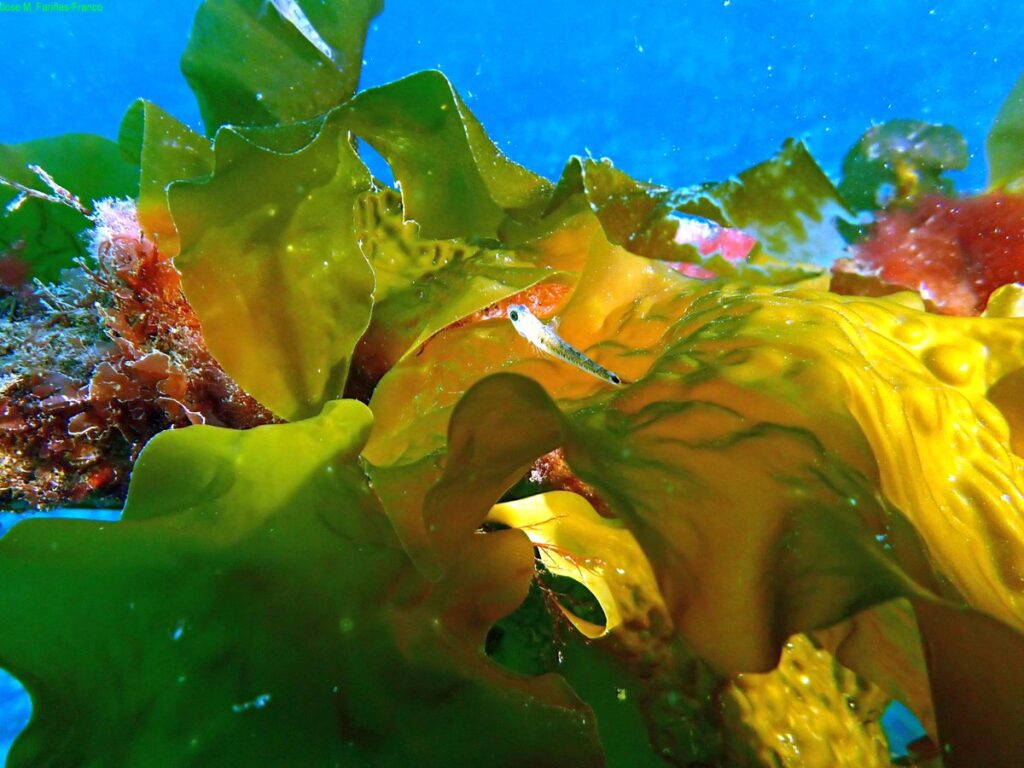
This RISE project builds up on previous field and laboratory investigations conducted in GENIALG aiming to quantify the effect of kelp aquaculture on marine ecosystems. The projects focuses on their impacts on benthic communities and their role in food webs, as biodiversity reservoirs and nursery habitats for fish. This project will determine and quantify the […]
Machine Learning assisted detection and prediction of climate change related anomalous events in complex marine systems
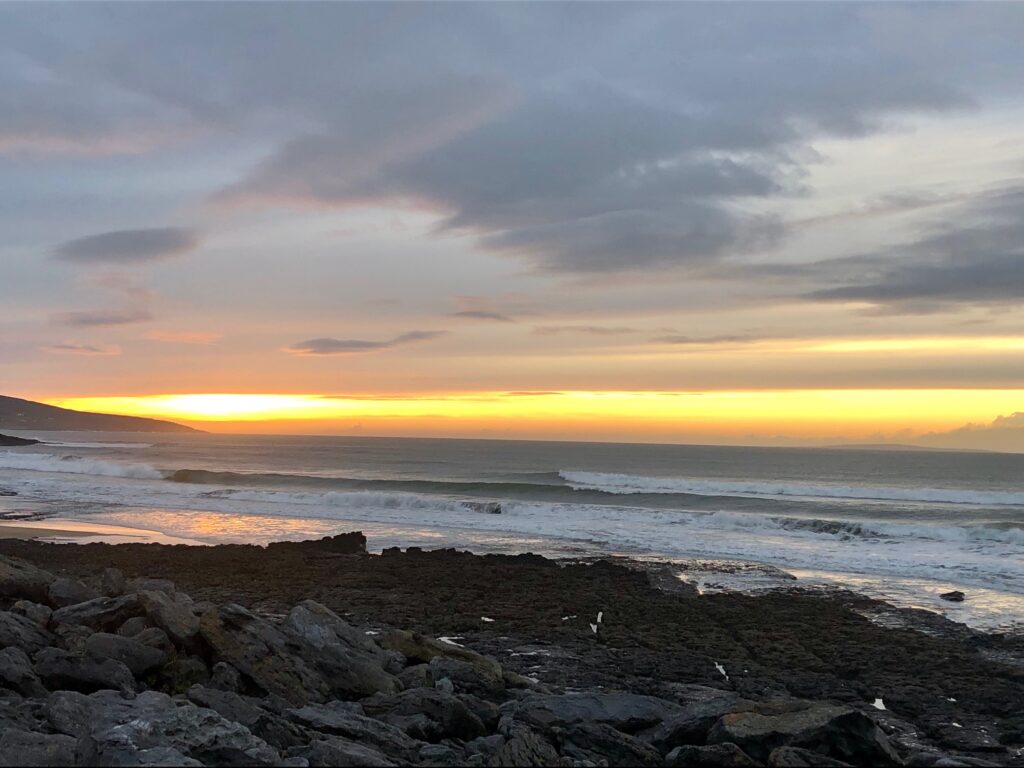
This project is a PhD Cullen MI award. It is a multidisciplinary project that aims to bridge the gap between marine sciences and machine learning in detecting climate change related anomalous events. Anomalies are data points or patterns in data that are unusual and do not conform to a notion of normal behaviour. Anomaly detection […]
Climate change impacts on fish stocks
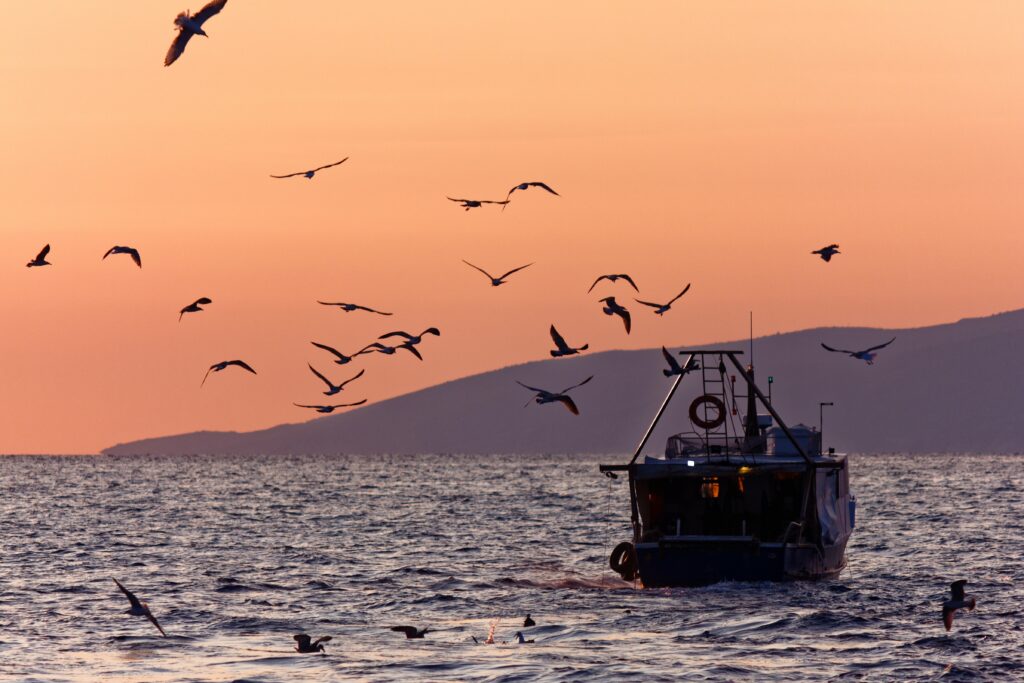
This project takes a whole life cycle approach to investigating impacts of climate change on fish stocks. Advanced time series, spatial modelling and biophysical modelling approaches are used to determine the influence of environmental and fishing drivers on larval dispersal and recruitment, adult distributions, migrations and overall stock productivity. The research is conducted in collaboration […]
